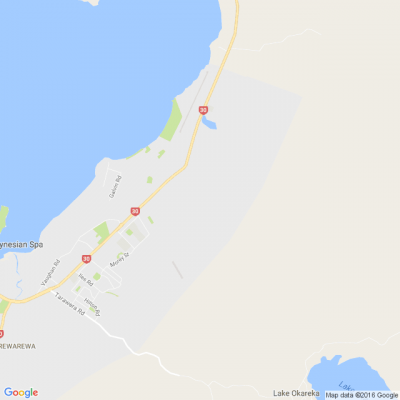
Know what’s happening
Access the private noticeboard for verified neighbours near you. Keep informed about any suspicious activity, send urgent updates to your neighbours when required and discuss emergency planning.
Get to know your neighbours
Browse the directory and start getting to know your neighbours. Don’t want to post to the whole neighbourhood? Send a private message.
Buy, sell and give away
Want to declutter your garage? Buy some used household items? Give away some garden stuff? Become a verified neighbour to browse and post items for sale. Trading is simple when everyone lives nearby.

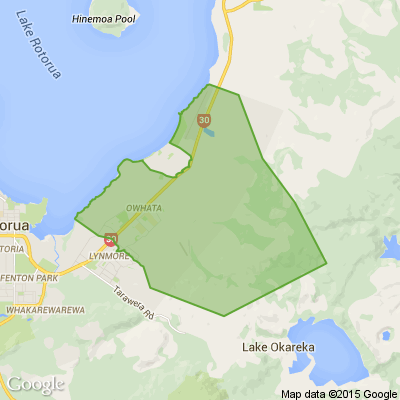
Seen anything suspicious lately?
Share it with your neighbours here.

Thank you for using Neighbourly
You may receive an email confirmation for any offer you selected. The associated companies will contact you directly to activate your requests.
Bay of Plenty Regional Council
Wallabies are here, destroying native habitat.
Bay of Plenty and Waikato Regional Council's are working together to stop this from happening.
Find out about their wallaby control programme and why wallabies are a pest here.
You can help stop the spread of wallabies by reporting any … View moreWallabies are here, destroying native habitat.
Bay of Plenty and Waikato Regional Council's are working together to stop this from happening.
Find out about their wallaby control programme and why wallabies are a pest here.
You can help stop the spread of wallabies by reporting any sightings at reportwallabies.com.
Know more
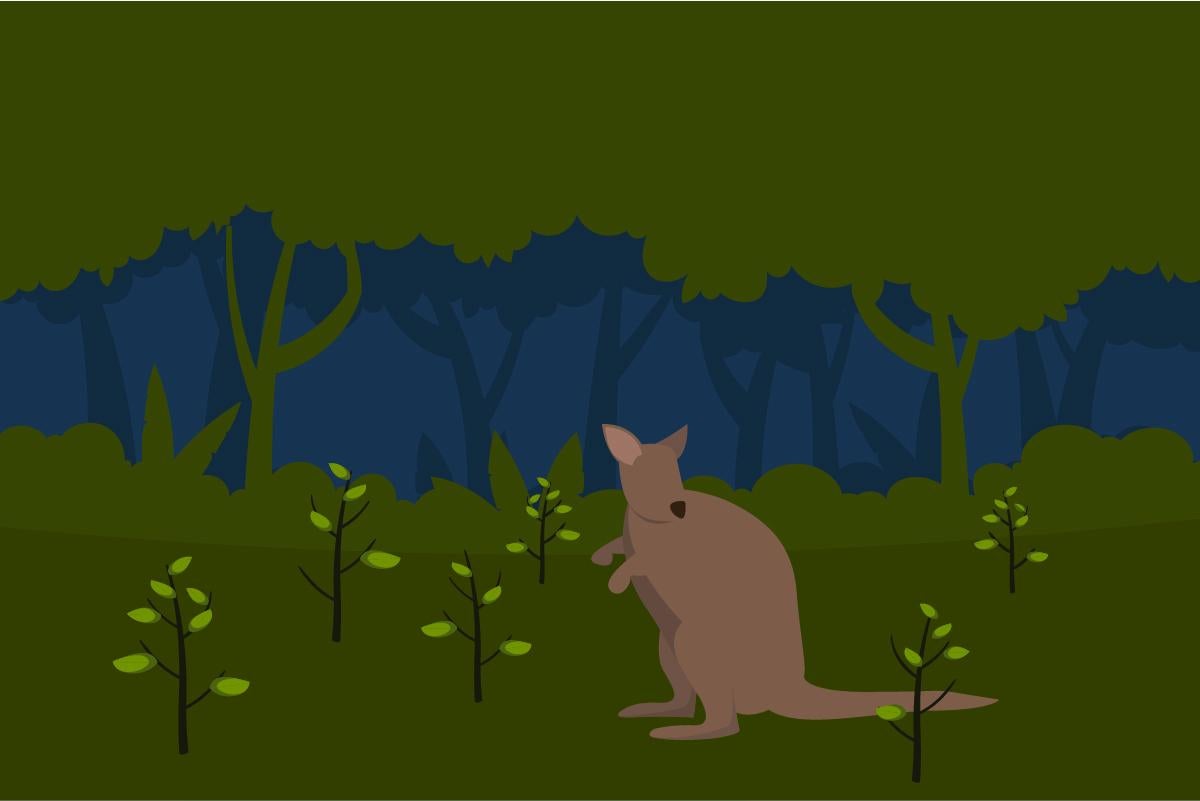
Haven Falls are very blessed to be opening their new branch in Rotorua.
Located at 271 Old Taupo Road, Rotorua these facilities offer a large chapel, dining hall and extended off road parking.
We invite you at anytime to pop in and speak with one of our team members and have a look around … View moreHaven Falls are very blessed to be opening their new branch in Rotorua.
Located at 271 Old Taupo Road, Rotorua these facilities offer a large chapel, dining hall and extended off road parking.
We invite you at anytime to pop in and speak with one of our team members and have a look around the facilities offered.
We operate 24 hours 7 days a week.
0800 428366
Learn more

Mei Leng Wong Reporter from NZ Gardener & Get Growing
The hunt is officially on for New Zealand's best collection of houseplants
. Which means you could be 2022 Houseplant Hero. There’s some great prizes to be won! To enter, tell us in writing (no more than 500 words) what potted plants you have, the time you put into caring for them, and what … View moreThe hunt is officially on for New Zealand's best collection of houseplants
. Which means you could be 2022 Houseplant Hero. There’s some great prizes to be won! To enter, tell us in writing (no more than 500 words) what potted plants you have, the time you put into caring for them, and what you love about them. Send us up to five photos of your indoor plant displays. Email mailbox@nzgardener.co.nz. Meanwhile, here's last year's winner Alyce Read, from Nelson.
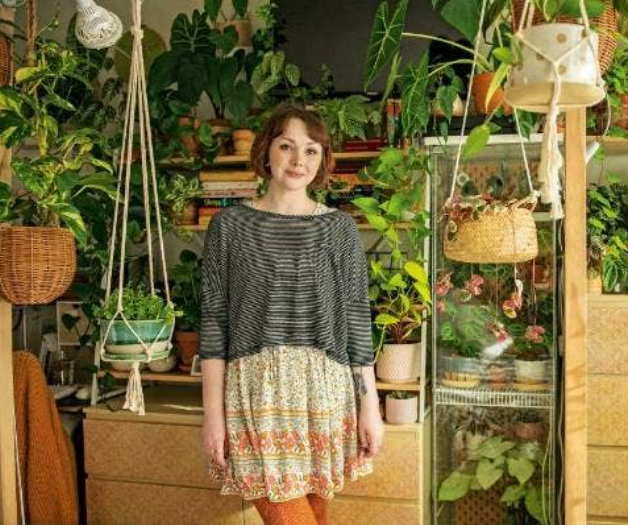
Mentorship helps children to remove limiting beliefs, build confidence and develop communication skills. At NumberWorks’nWords, our tutors act as mentors and support students to achieve their best results. Scroll through to see some of the benefits of having a mentor!
To learn more about … View moreMentorship helps children to remove limiting beliefs, build confidence and develop communication skills. At NumberWorks’nWords, our tutors act as mentors and support students to achieve their best results. Scroll through to see some of the benefits of having a mentor!
To learn more about NumberWorks’nWords tuition, get in touch with your local centre and their friendly team of expert tutors.
In Aotearoa New Zealand, Pink Shirt Day works to create schools, workplaces, communities, and whānau where everyone feels safe, valued, and respected. At NumberWorks'nWords, we do not tolerate bullying and strive to cultivate healthy learning environments, where students can be themselves and… View moreIn Aotearoa New Zealand, Pink Shirt Day works to create schools, workplaces, communities, and whānau where everyone feels safe, valued, and respected. At NumberWorks'nWords, we do not tolerate bullying and strive to cultivate healthy learning environments, where students can be themselves and thrive.
Support Pink Shirt Day and say NO to bullying!
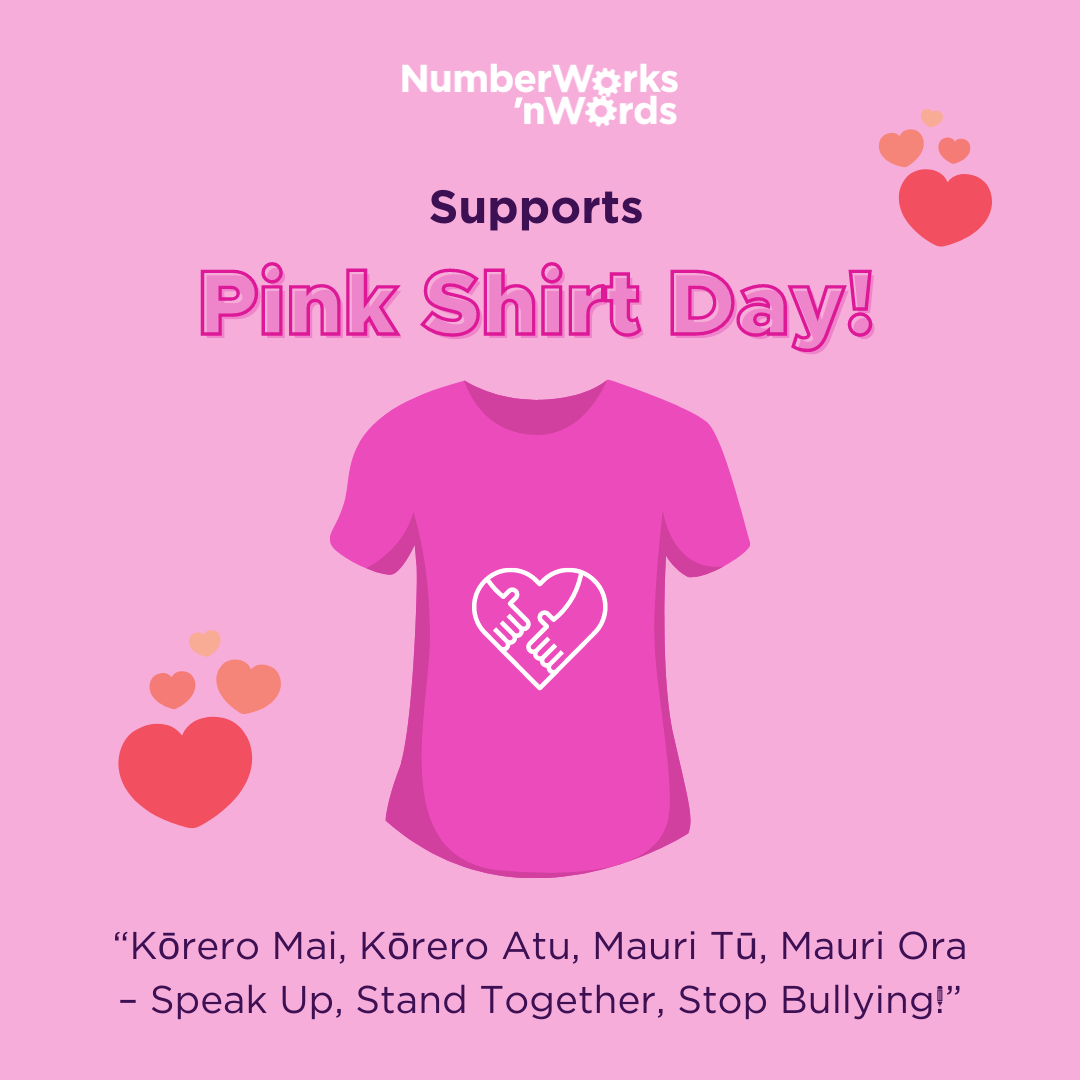
The Team from Resene ColorShop Rotorua
Who would have thought pine chair feet could make such an amazing addition to your home décor? Painting these with Resene testpots and stacking them to make contemporary candle holders is a breeze.
Find out how to create your own.
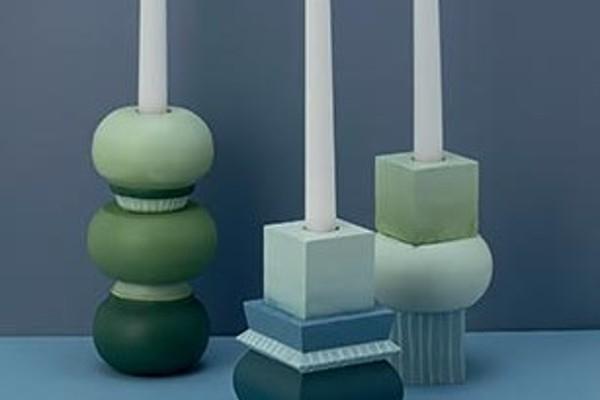
Heritage Lifecare from Cantabria Lifecare & Village
You can expect:
• Leadership and management development
• Career growth
• Work life balance
• Uplifting working environment
• Inspiring and caring leaders
• Friendly residents
• Specialist pathways
Apply now at heritagelifecare.co.nz... or call us on 0800 141 491

The Team from Graeme Dingle Foundation Rotorua
The process is simple... head to the link below, read the information pack provided and register your interest!
What are you waiting for? Make a difference and help rangatahi reach their potential - become a mentor today! 💚
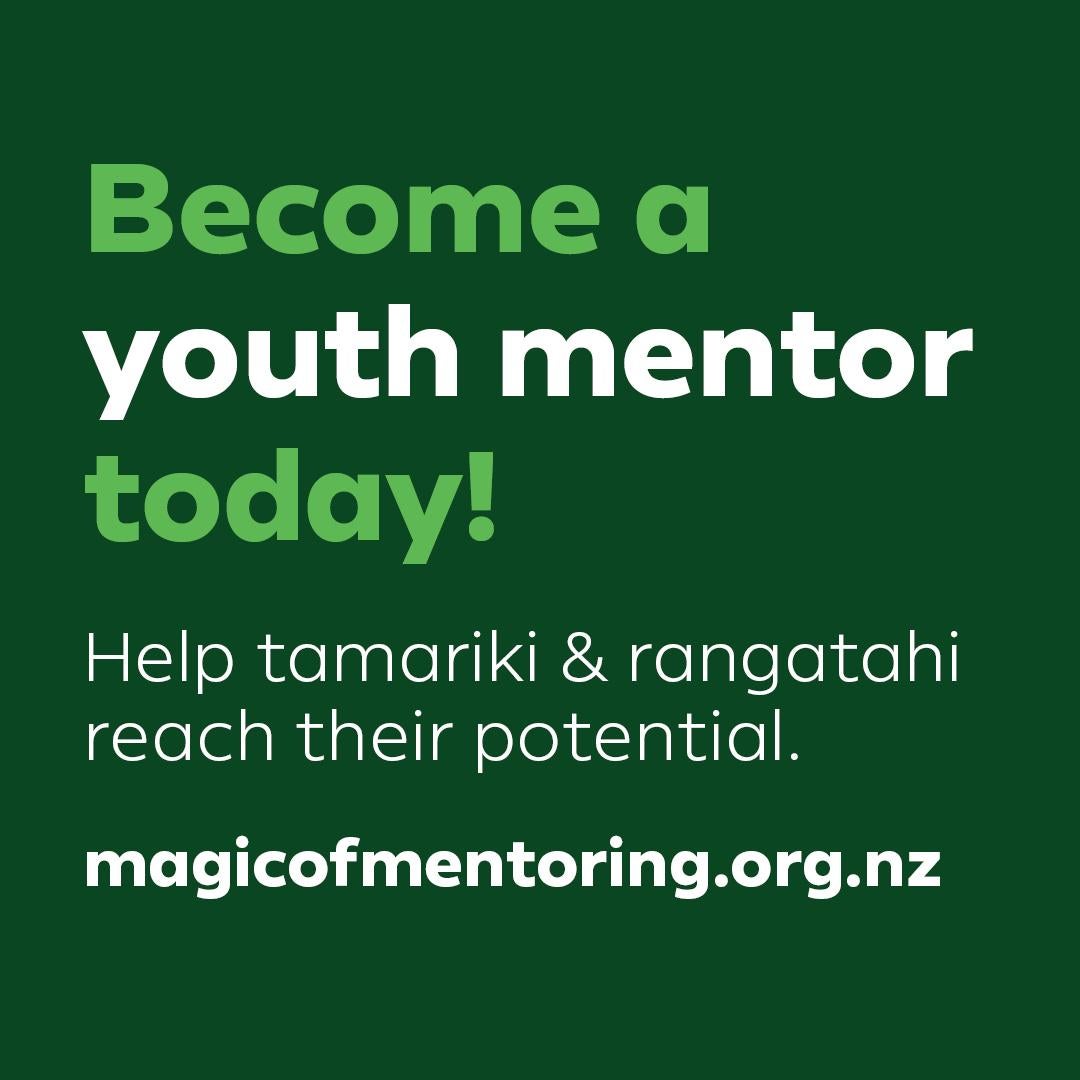
Robert Anderson from Curtain Clean Rotorua
Aren't you tired of sky-high winter power bills? Start with your windows to stop the cold from getting in.
BRANZ, an independent research organisation, says:
• 42% to 45% of heat in houses insulated to Pre-2007 requirements is lost through windows.
• If your home has been built or … View moreAren't you tired of sky-high winter power bills? Start with your windows to stop the cold from getting in.
BRANZ, an independent research organisation, says:
• 42% to 45% of heat in houses insulated to Pre-2007 requirements is lost through windows.
• If your home has been built or renovated under the 2007 Building Code, which requires double glazing, you still lose up to 31% of heat through windows.
• Properly fitted curtains and blinds can cut heat loss through single glazed windows by 60% and double glazed windows by 40-50%.
Choosing the right window treatments will help insulate windows and prevent heat loss. Here are three options to answer your "how can I warm up my home?" this winter.
Honeycomb Blinds
Honeycomb blinds are one of the most energy-efficient window treatments. They are also known as honeycomb or cellular shades. These window coverings feature a honeycomb structure to make an air pocket between the window glass and the room that acts as an insulator, blocking heat and keeping the cold out.
When a heater is running, Honeycomb blinds reduce heat loss through windows by up to 60%, which equals around 10% savings on your heating energy. In hotter months, honeycomb blinds reduce unwanted heat from the sun through windows by up to 60% when installed with a tight fit. They are available in different layering options, including single and double-cell.
Heavy curtains or drapes
Drapes or curtains are another way to insulate your home by adding one extra barrier against the cold winter air. The main difference is that curtains are sized to fit the window, and drapes reach the floor.
Keep reading: www.curtainclean.co.nz...
Every child has the potential to achieve success. However success comes with hardship and setbacks, which is why it is important to build resilience along the way. Resilience helps us to adapt and bounce back from things that don't go as planned and helps us move forward. Here are five … View moreEvery child has the potential to achieve success. However success comes with hardship and setbacks, which is why it is important to build resilience along the way. Resilience helps us to adapt and bounce back from things that don't go as planned and helps us move forward. Here are five fundamental ways you can help your child build resilience! ?
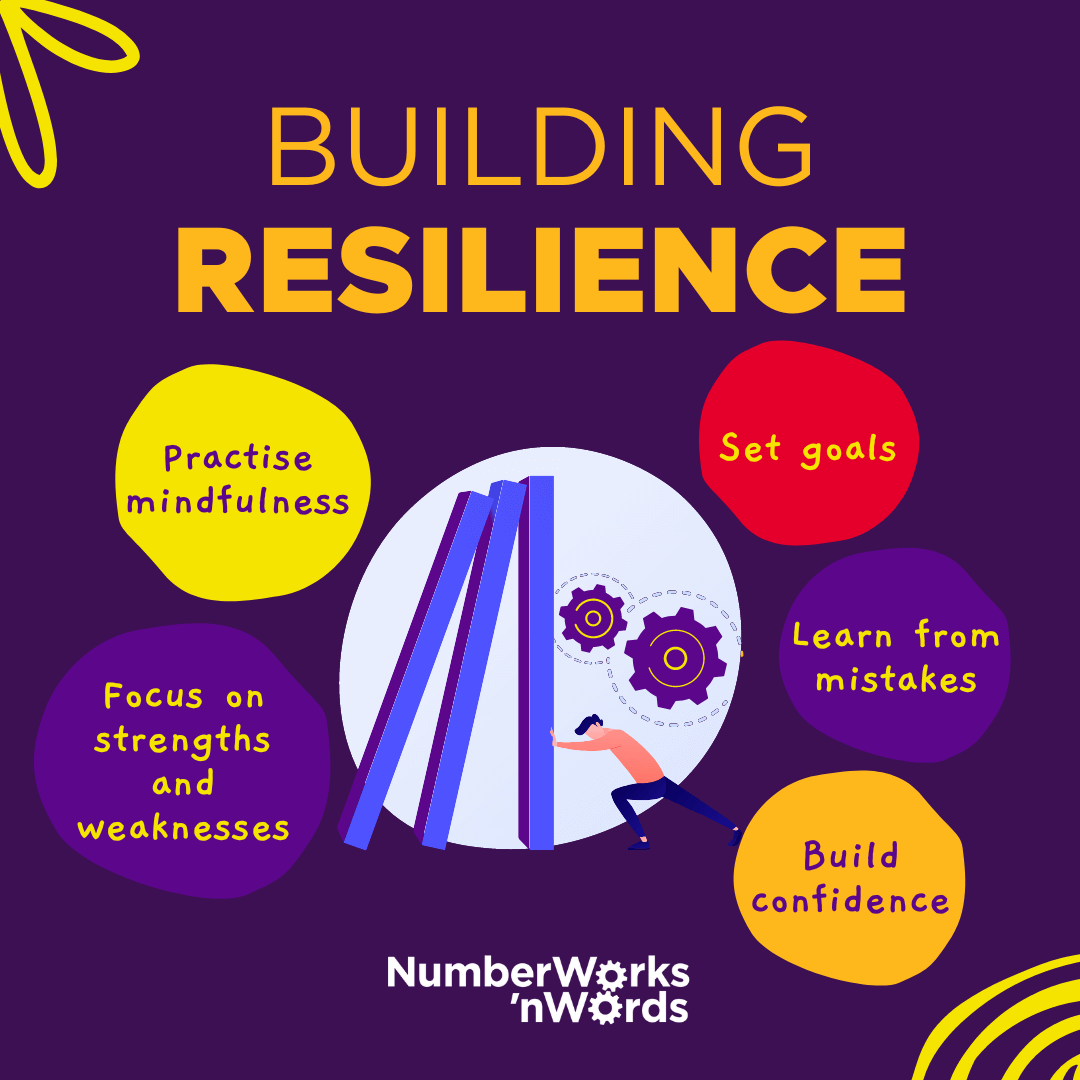
The Team from Graeme Dingle Foundation Rotorua
Mentoring a young person is a rewarding experience not only being able to give back but also having the privilege to be a part of a young person's journey. If you want to make a difference and help rangatahi reach their potential, register below and become a mentor today!

The new range of Line7 performance workwear has been designed, developed and tested by you – New Zealand farmers. We asked, listened, and collaborated directly with farmers in the making of this gear. We tested and re-tested in on-farm environments. We re-engineered what farming workwear can be … View moreThe new range of Line7 performance workwear has been designed, developed and tested by you – New Zealand farmers. We asked, listened, and collaborated directly with farmers in the making of this gear. We tested and re-tested in on-farm environments. We re-engineered what farming workwear can be with your needs front of mind.
We brought our decades of experience creating world-class performance gear. Add to that a legacy of Kiwi innovation, a challenger spirit and a practical attitude that’s been part of Line 7 since we started back in 1963.
Every detail has been reviewed and refined – without overlooking the obvious. Breathable, flexible, functional and comfortable, while still being supremely durable and waterproof. Made to fit farmers of all shapes and sizes, with a dedicated range for women. Built to last, and last a bit longer still, with an included repair kit that means you can fix it up quickly yourself.
Now take it out there, try it on and put it to the test. Wear it out and wear it again. We’re pretty damn confident you won’t be disappointed
Find out more

The Team from Resene ColorShop Rotorua
Create your own triple compost bin and stain in Resene Waterborne Woodsman. Use the handy compartments for fresh scraps, decomposing material and usable compost.
Find out how to create your own.
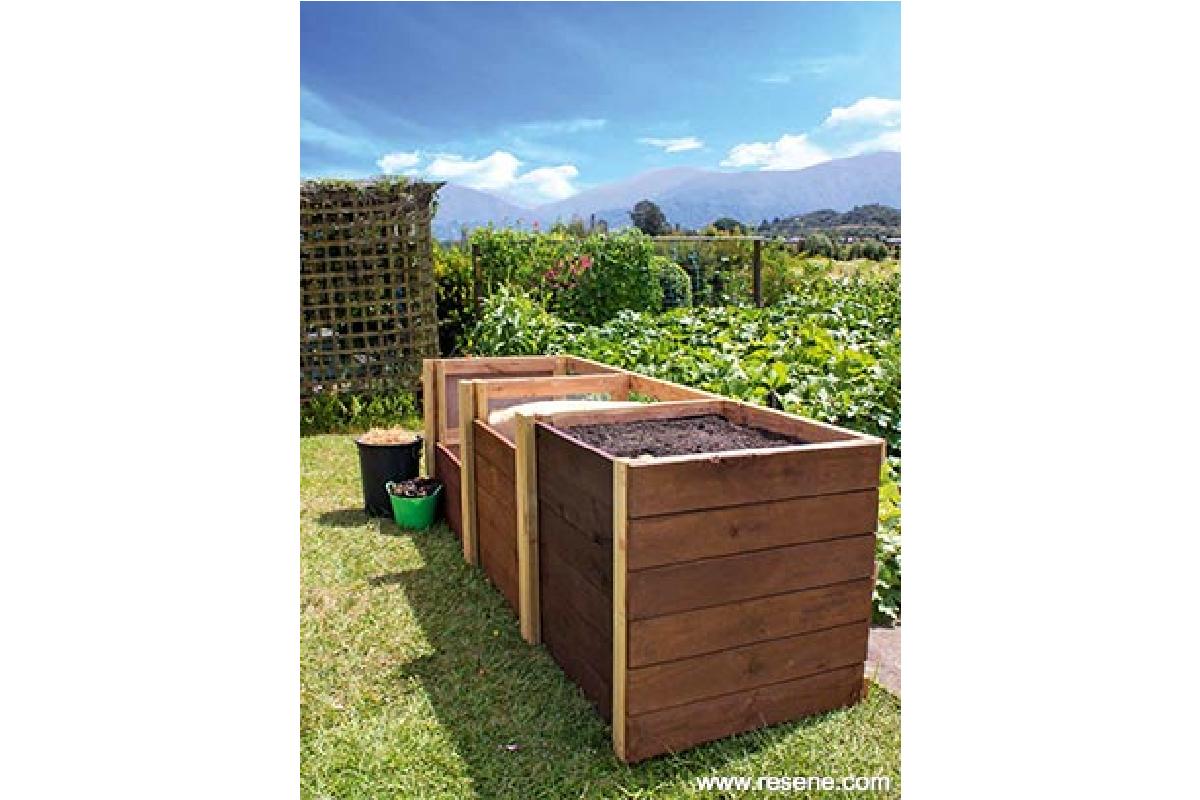
 Loading…
Loading…
Are you sure? Deleting this message permanently removes it from the Neighbourly website.
 Loading…
Loading…
© Neighbourly 2026
